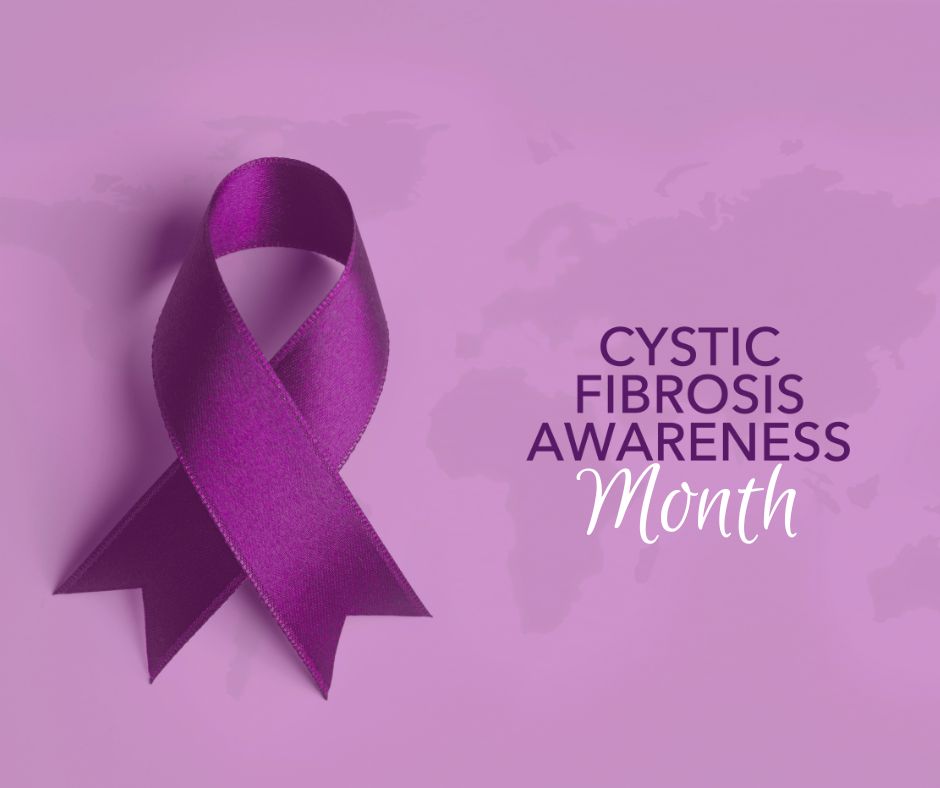Most people associate Cystic fibrosis (CF) with breathing and bowel movements. But did you know that this inherited condition affects many crucial organs, including the bladder?
May is National Cystic Fibrosis Awareness Month, an excellent opportunity to spotlight one of the less-known aspects of CF: urinary incontinence (UI). While sometimes tough to talk about, understanding the link between CF and urinary problems can help patients take steps to beat bathroom struggles and improve bladder health. At America’s Best Care Plus, we understand the challenges that come with managing CF and are here to support those who need it with specialized supplies, including intermittent catheters.
What is Cystic Fibrosis?
Cystic fibrosis is a genetic disorder that causes severe damage to the lungs, digestive system, and other organs in the body. It affects the cells that produce mucus, sweat, and digestive juices. These secreted fluids are normally thin and slippery. However, in CF, a defective gene causes the secretions to become sticky and thick. Instead of acting as a lubricant, the secretions plug up tubes, ducts, and passageways, especially in the lungs and pancreas.
Causes of Cystic Fibrosis
CF is caused by mutations in the gene for the protein cystic fibrosis transmembrane conductance regulator (CFTR). This gene mutation affects the movement of sodium chloride (salt) in and out of cells, leading to the mucus becoming thick and sticky. Parents must both carry at least one copy of the mutated gene to pass the disorder to their children.
Treatment for Cystic Fibrosis
While there is no cure for CF, treatments have greatly improved in recent years. Management strategies include chest physical therapy, medications to thin mucus, antibiotics to treat lung infections, and enzyme supplements to improve nutrient absorption. Newer treatments target the basic defect caused by CFTR mutations.
Connection Between CF and Urinary Incontinence
Individuals with cystic fibrosis may experience urinary incontinence due to the chronic coughing that characterizes the disease. Persistent coughing increases abdominal pressure, which in turn puts stress on the bladder. This can lead to stress incontinence, where leaks occur during activities that increase abdominal pressure such as coughing, sneezing, laughing, exercising, or sudden movements. Chronic constipation, a common complication of CF, can also contribute to UI as patients strain to empty the bowels. For patients with reported UI systems, the majority also report impaired quality of life and respiratory care.
Who is at Risk?
UI is common among patients with CF, particularly those with a severe cough. Women and girls with CF are more likely to experience UI than healthy individuals and men with CF. One recent study reported that of the surveyed CF patients, 35% had stress urinary incontinence – 63.5% of which were women. Patients who also have diabetes or are on certain CF treatments might be more prone to experiencing symptoms. It’s important for patients and their caregivers to discuss these symptoms openly for proper management.
Managing Urinary Incontinence and Cystic Fibrosis
Many CF patients avoid discussing UI with their doctor out of embarrassment or confusion. Ongoing or poorly managed UI symptoms can create the urge to avoid coughing or clearing the airways, a key factor in CF treatment. It’s important for patients and their caregivers to discuss these symptoms openly for proper management.
Managing UI involves a combination of lifestyle adjustments, pelvic floor exercises to strengthen the muscles around the bladder, and, in some cases, medication. The ‘knack’, a physiotherapy technique recommended by the Cystic Fibrosis Trust, involves contracting the pelvic floor muscles to brace before you cough, sneeze, or lift to help prevent leaking.
If supplies are needed for support, using the right catheter and administration supplies is crucial in maintaining comfort and hygiene. At America’s Best Care Plus, we offer a wide range of intermittent catheters and supplies tailored to meet the needs of our customers with CF.
Cystic fibrosis is a complex disease with various complications, and urinary incontinence is one aspect that can significantly affect your quality of life. This National CF Month, let’s break the silence on all aspects of CF, including its impact on urinary health. If you or someone you know is managing CF-related urinary incontinence, learn more about how our urology supply program can help. Contact America’s Best Care Plus today for support and information tailored to your needs.

